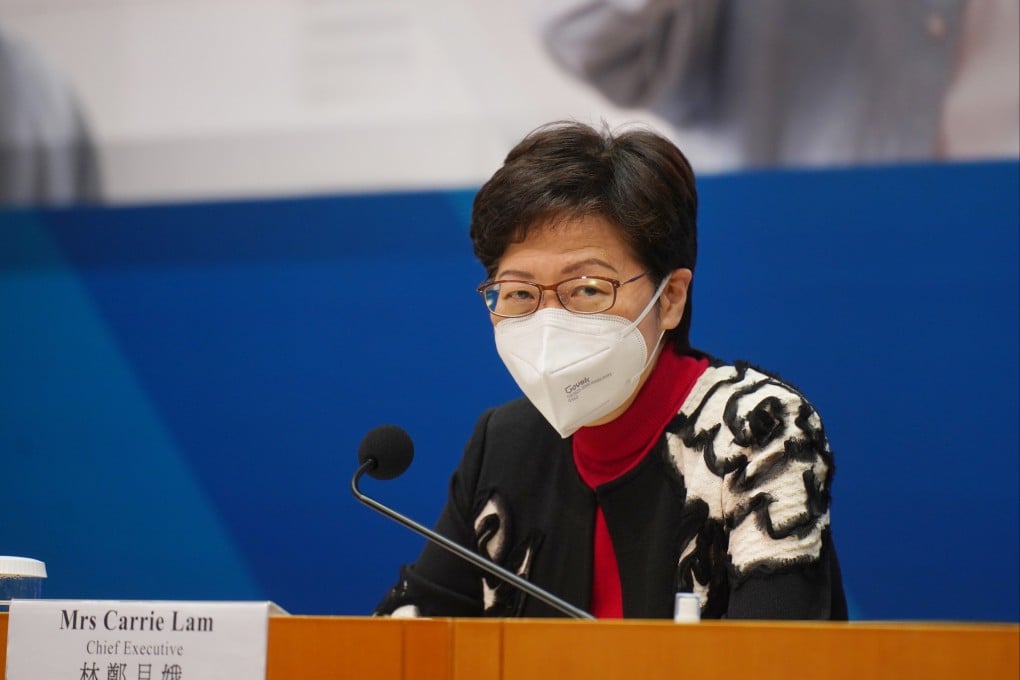My Take | History will be kinder to Carrie Lam
- It was Lam’s misfortune to preside over the decline of the city as a global hub, but far greater forces, both domestic and international, were entirely out of her control, against which she tried to preserve a modicum of normality for the people of Hong Kong

Never speak ill of the dead. I extend this dictum to those who are politically dead. And that’s what retiring Chief Executive Carrie Lam Cheng Yuet-ngor really is.
Ronny Tong Ka-wah, a close ally on the Executive Council, wrote a heartfelt defence of Lam after she announced she wouldn’t seek a second term. He was widely ridiculed.
He claimed Lam did much for the people, yet didn’t name what those achievements were. He insisted that she had been misunderstood, without explaining how.
Well, we could perhaps guess. Tong might have been referring to her responses to the 2019 violent unrest and the Covid-19 pandemic, especially the so-called fifth wave of the Omicron outbreak. Both have been almost universally condemned or at least criticised by both the opposition and those allied with Beijing.
The 2019 unrest effectively ended Hong Kong status as an SAR – or a protected entity separate from the rest of the country – for most Western governments. Omicron, for a time, supposedly resulted in the city having the world’s highest mortality rate. That statistical claim, however, is highly questionable. But be that as it may.

